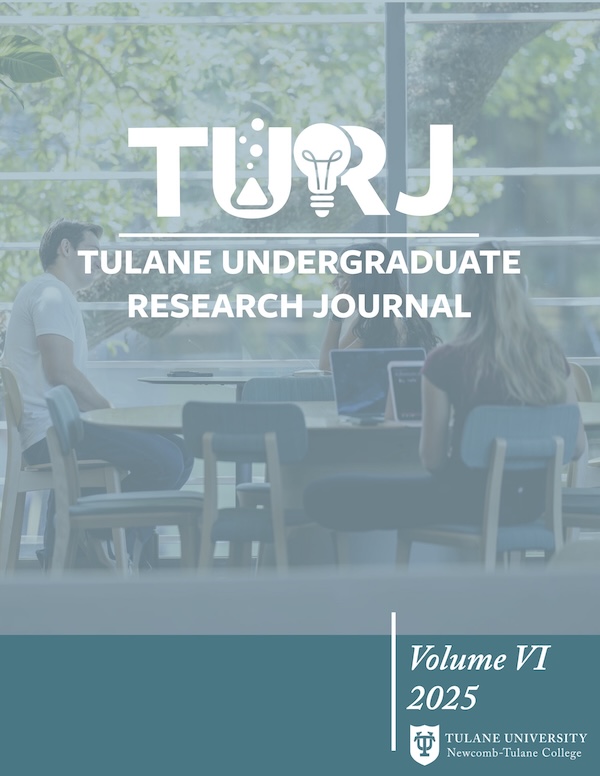Neo-Colonialism and Patterns of Migration: The Indian Diaspora in Uganda
Abstract
Despite the collapse of the imperial world system in the 19th and early 20th centuries, colonialism still plays a major role in dictating international relations and the exploitative relationship between the Global North and Global South. Neocolonialism operates as the silent offspring of colonialism, influencing the development of global policy with the intent to maintain the colonial world order, prioritizing the economic and political prowess of former imperial powers, namely the United Kingdom and its Western offshoots, and perpetuating the exploitation of former colonies and disenfranchised global communities. Patterns of diasporic migration reveal the machinations of neocolonialism under the present world system. This paper aims to reveal how neocolonialism influences patterns of diasporic migration, creating push factors that structurally disenfranchise marginalized communities that were often colonized under the imperial system. This paper utilizes an analysis of the Indian community in Uganda, evaluating the conditions of the initial Indian migration to Uganda, the escalation of racial tensions prior to Ugandan independence, the formation of independent Ugandan citizenship policy, and the resettlement of the community after Idi Amin’s 1972 expulsion order to explain the mechanisms by which neocolonialism pervades the patterns of diasporic migration.
Downloads
Downloads
Published
Issue
Section
License
Copyright (c) 2025 Ariana Sarangi Virani, Andrew Ward

This work is licensed under a Creative Commons Attribution-NonCommercial-NoDerivatives 4.0 International License.
Tulane Undergraduate Research Journal is an open-access journal, so articles will be released under a Creative Commons Attribution-Noncommercial-NoDerivs CC-BY-NC-ND 3.0 Unported license, allowing the free dissemination of the work for noncommercial purposes. Authors retain copyright to the work and grant the journal right of first publication with the work simultaneously licensed under the Creative CommonsAttribution-NonCommercial-NoDerivs 3.0 Unported (CC BY-NC-ND 3.0) [see http://creativecommons.org/licenses/by-nc-nd/3.0/legalcode]; authors further grant the journal a waiver of clause 4(b) [restriction against commercial advantage or private monetary compensation]. If the journal rejects the work, the journal simultaneously waives the granted right of first publication.



